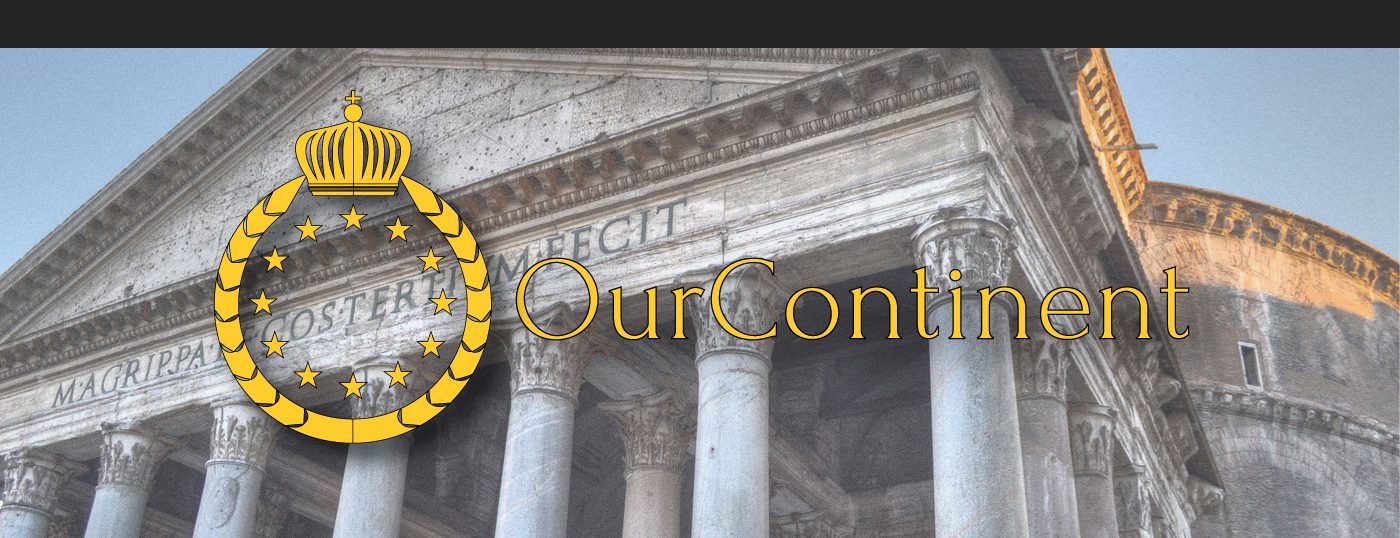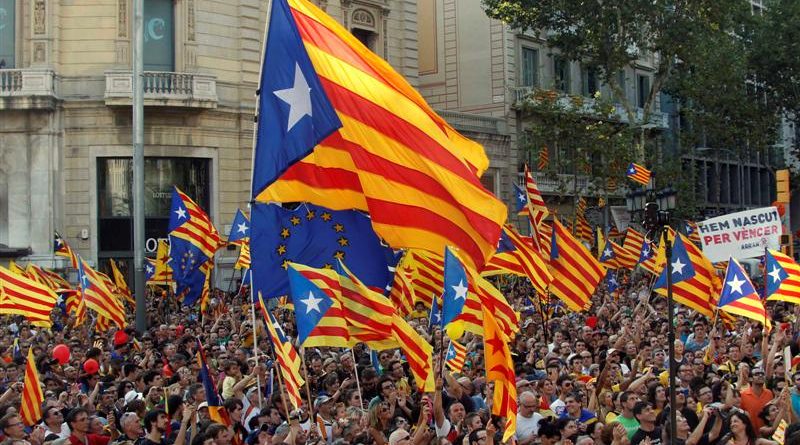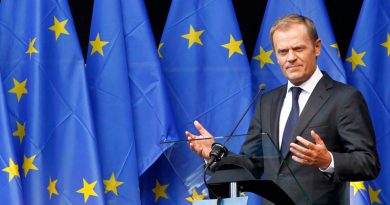Catalan independence: what does it mean for Europe?
Unlike many political issues today, the question of Catalan independence does not play out in left versus right. There are people from both ends of the political spectrum that support Spanish unity and praise the tough response of the Spanish police during the referendum, just like there are left- aswell as right-wing supporters of Catalan independence, who call for a quick secession from Spain and who accuse the Spanish government of dictatorial behavior.
The pro-European camp is equally divided on the issue; some say Catalan independence would be a pure expression of democracy on our continent, others want EU leaders to ignore the referendum and follow the line of Madrid in order to prevent further division. There is something to say for both positions. Ideally, European nations should be equal partners under a democratic administration in Brussels. There is no principle reason, from our perspective, to keep nations imbedded in an intermediary administrative structure (in this case Spain), if the majority of their members do not wish so. On the other hand, Catalan secession would not only mean the break-up of a major European country, it would also mean the further division of the EU itself – just at a time when pro-EU forces are making a comeback and support for Brexit has hit an all-time low.
Any weakening of Europe means a relative victory for its adversaries; Putin, the far right and far left, and the forces of Radical Islam. Moreover, it is hard to imagine that Catalonia itself would benefit from leaving Spain (and the EU) because it would suddenly be disconnected from the largest single market in the world. The Catalans then must start a tiresomely long and difficult process of EU entry negotiations – which have become much stricter after the entry of Romania and Bulgaria in 2007 – and would likely be blocked by Spain from ever becoming a member. In the short term, Catalonian secession means a severe escalation of the political chaos in Spain, and perhaps even more violence. And considering the fact that only 42% of voters showed up – or were able to enter voting stations – arguing that Catalonia’s regional government now has an overwhelming mandate for independence would be an overstatement.
Concluding, we principally believe the Catalans have the right to self-determination in the framework of a united Europe. However, with only a minority of voters taking part in the (officially illegal) referendum, the current tense situation in Spain, Europe and the world, and the prospect of a major political calamity, we believe Catalonia would be wise to steer towards de-escalation. We acknowledge that Spain’s response has not helped to ease tensions, neither has the silence of most EU leaders, but all eyes are now on Catalonia. It is for the Catalans to show the rest of Europe some common sense and try to negotiate a peaceful compromise.





